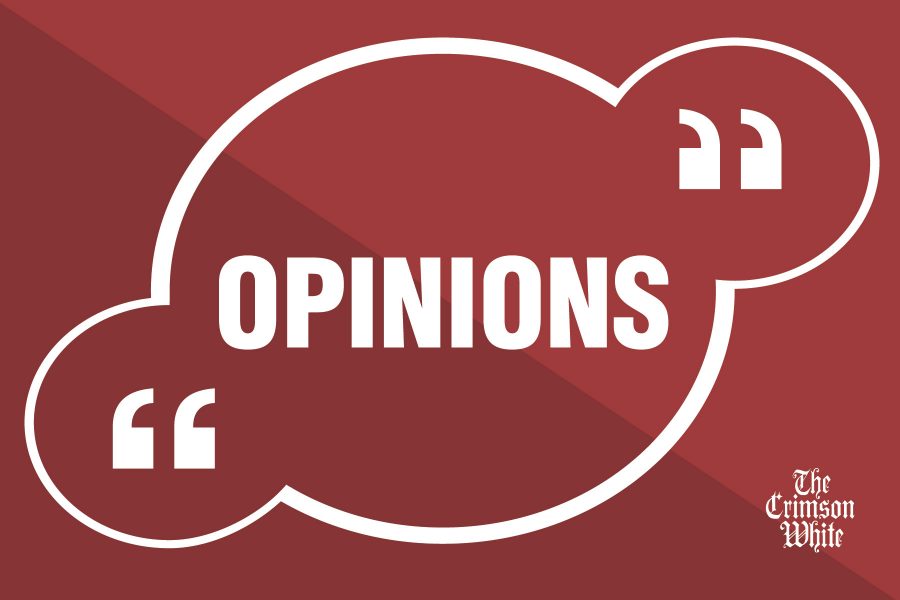The arrests started early in the morning, before the sun had its chance to illuminate the captors. It was a brisk 50 degrees outside – warm for mid-February but cold for those who were brought to the police station wearing what they’d slept in. Seventy-four arrests. Sixty-one of them University of Alabama students. All of them brought in on drug charges, the vast majority of which were related to related to one substance: marijuana.
Very few students on campus today remember that day in 2013, and there have been no campus drug raids resembling that scale since. Despite then-University President Judy Bonner stating that students would “receive sanctions up to and including expulsion,” most of the students arrested remained on campus. Marijuana use is once again discussed relatively openly among students and even professors. Even some of the 61 arrested students whom members of this Editorial Board know personally continue to smoke regularly.
It isn’t hard to imagine why that is, and why no similar raids have taken place in the last four years. Arresting college students means dealing with college parents, and this University is notorious for allowing unscrupulous and even illegal behavior to go unchecked in order to retain alumni donations. For once, the University’s thirst for funds has had a spillover effect and done some good for the general student body. The 61 students who now have criminal records are not better off because of their arrests, and more mass arrests would only be bad for more people. If Chad’s parents want to pressure the University administration into looser drug enforcement rather than pressuring them to cover up another rigged municipal election, we’re all for it.
Unfortunately, most Americans have no opportunity for these indulgences. Marijuana now makes up a majority of all drug arrests in the United States, with police arresting someone for pot every 37 seconds on average in 2010. Black Americans, who use marijuana at the same rate as white Americans, are four times as likely to be arrested for it, and the number is much worse in some states. The United States, which contains 5 percent of the world’s population and over 25 percent of the world’s prisoners, must discontinue criminalizing massive segments of its populace for possessing a substance that is less dangerous than both tobacco and alcohol.
Even without the glaring inequalities in enforcement, without the racist history of marijuana prohibition laws and a former Nixon official admitting that the drug war was started to get back at black people and hippies, it is unthinkable that citizens of one state can now spend decades in prison for a substance that is completely legal the next state over. States that have legalized marijuana in recent years have not seen major spikes in crime and have gained tremendous tax revenue, funding that could be used to repair our crumbling infrastructure or at the bare minimum patch our state’s anemic general fund.
The majority of Americans support full legalization of recreational marijuana, and even more support it for medical purposes. The primary public figure opposed to marijuana legalization is Attorney General Jeff Sessions, whom Coretta Scott King thought was too racist to be a federal judge and whose views on the role of the police state would not be out of place in most Soviet republics. We are not optimistic that the government he serves in will act on this any time soon, but time is absolutely of the essence. Every day these useless laws remain in place is another day a teenager loses his future, a senior citizen with chronic pain goes without treatment and an underfunded program fails to serve the public. Governments at all levels can and must repeal these archaic laws to ensure the next generation grows up in a freer, greener country.
Our View is the consensus of The Crimson White Editorial Board.









